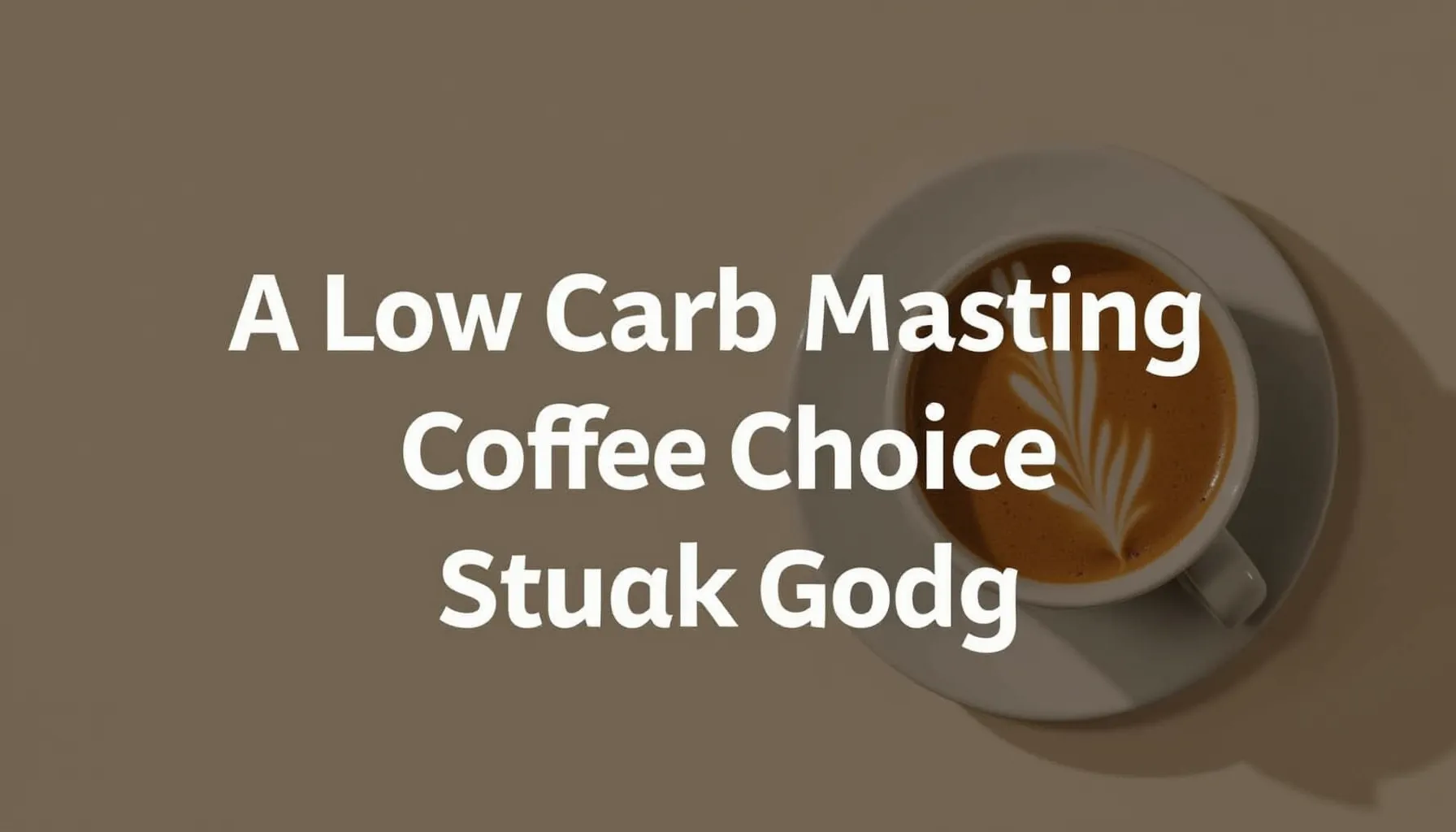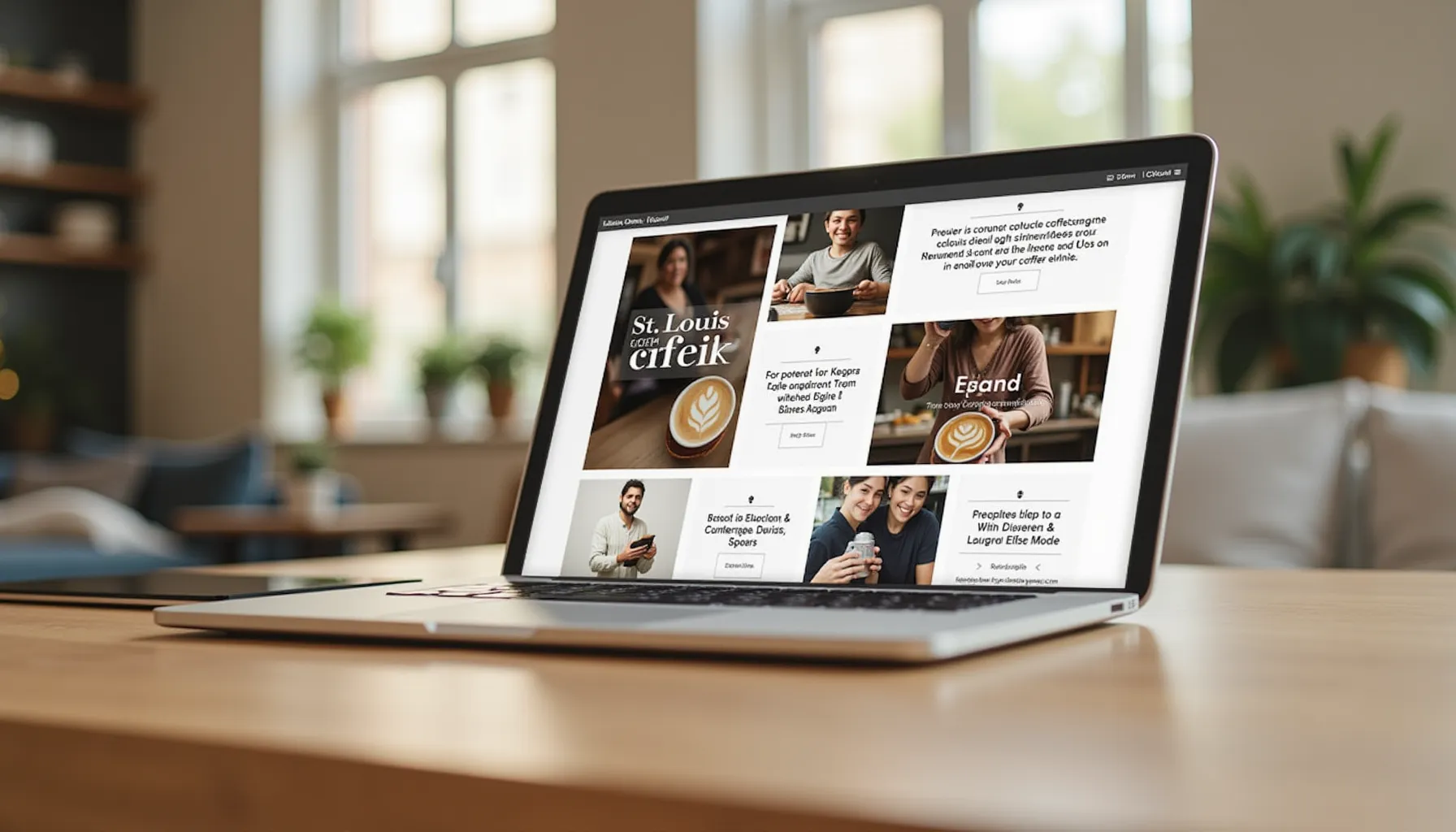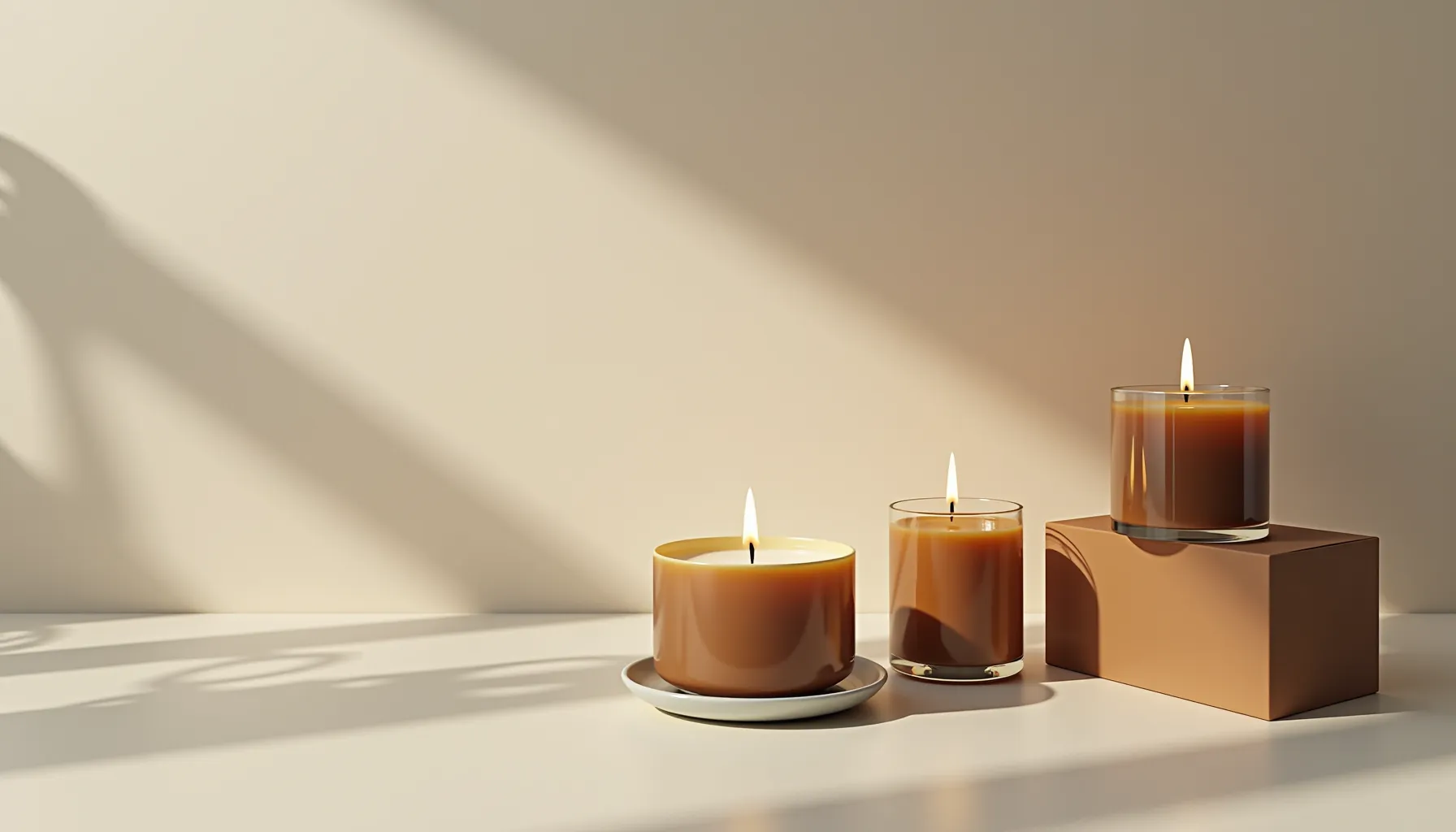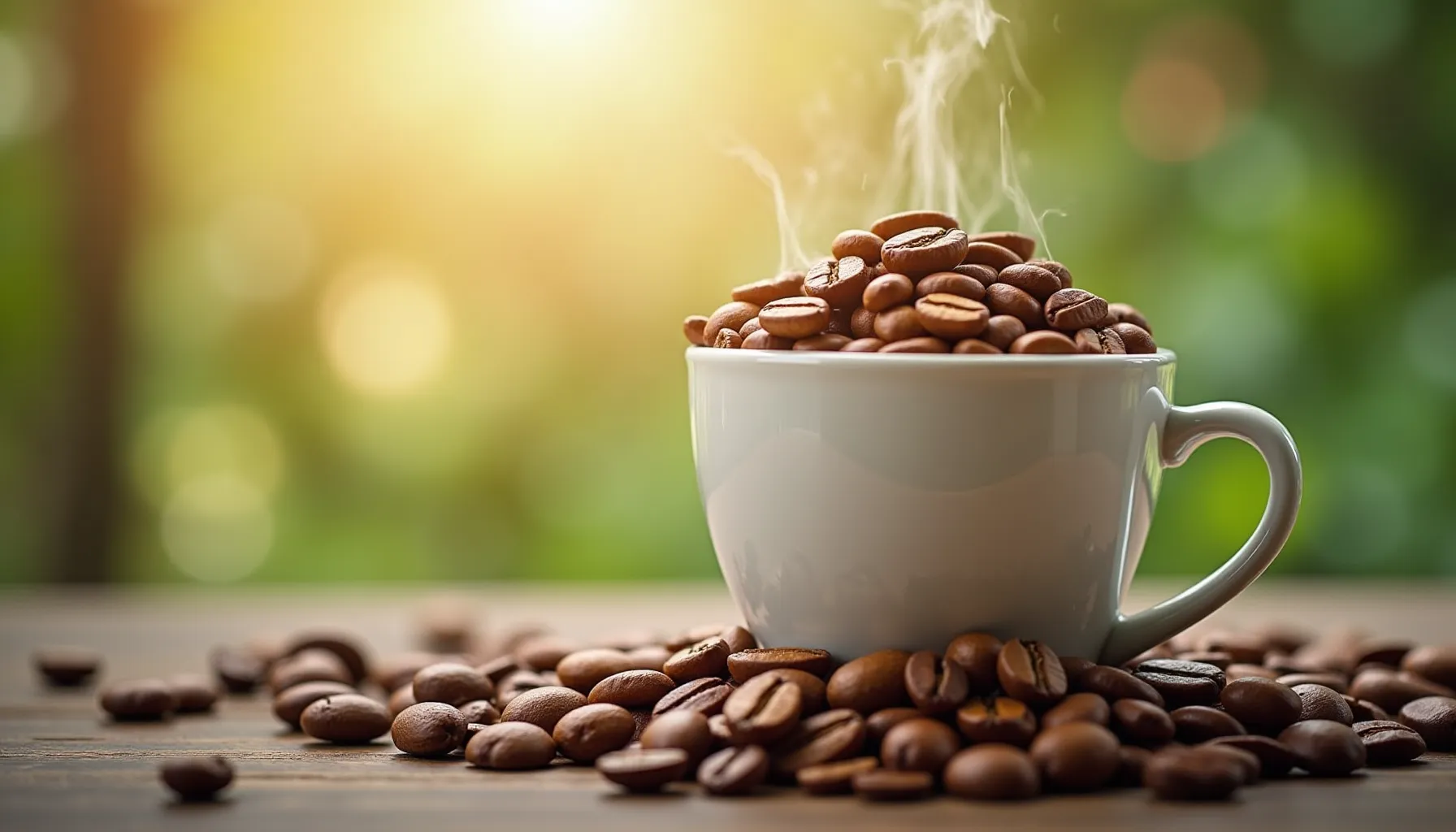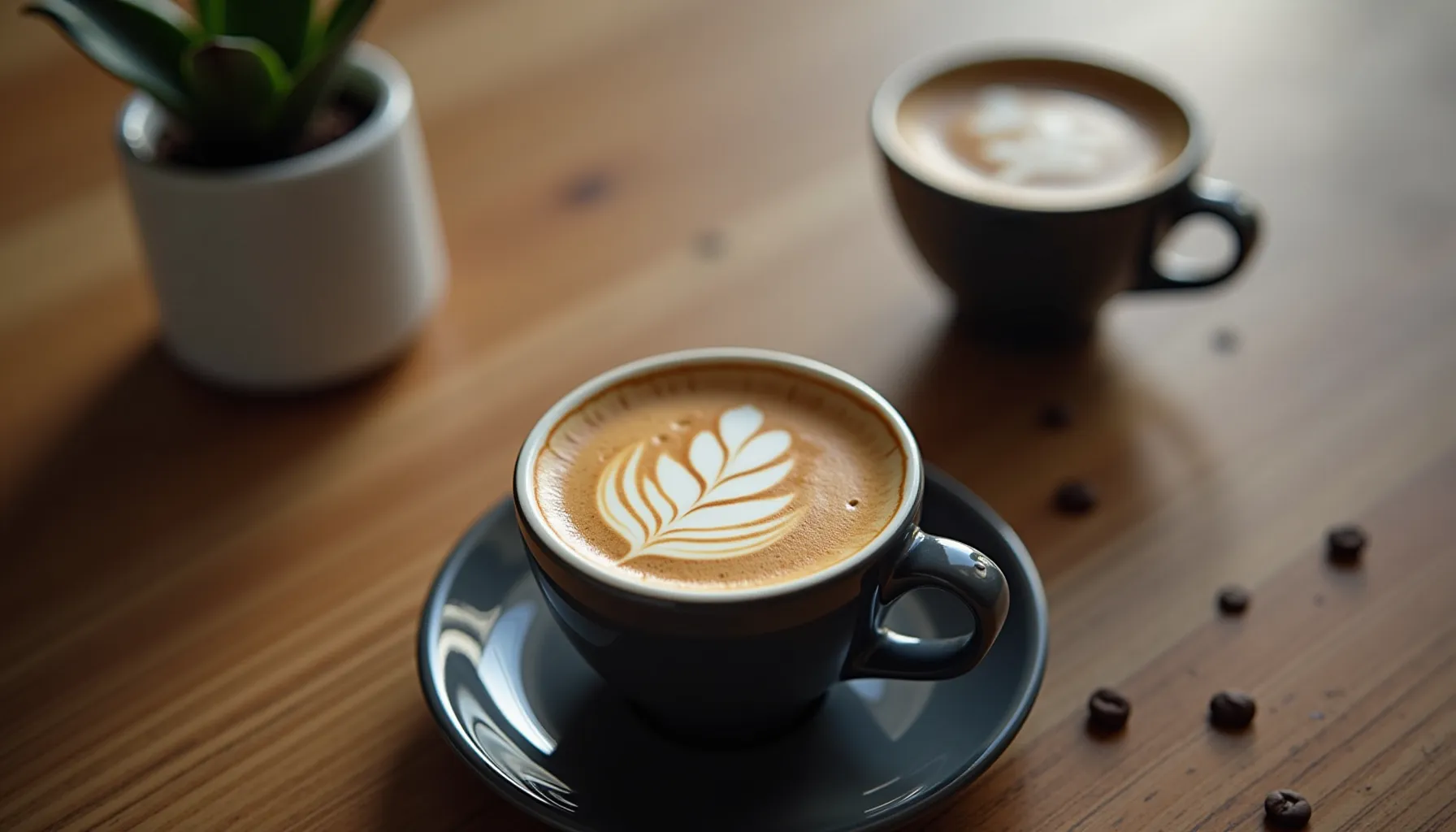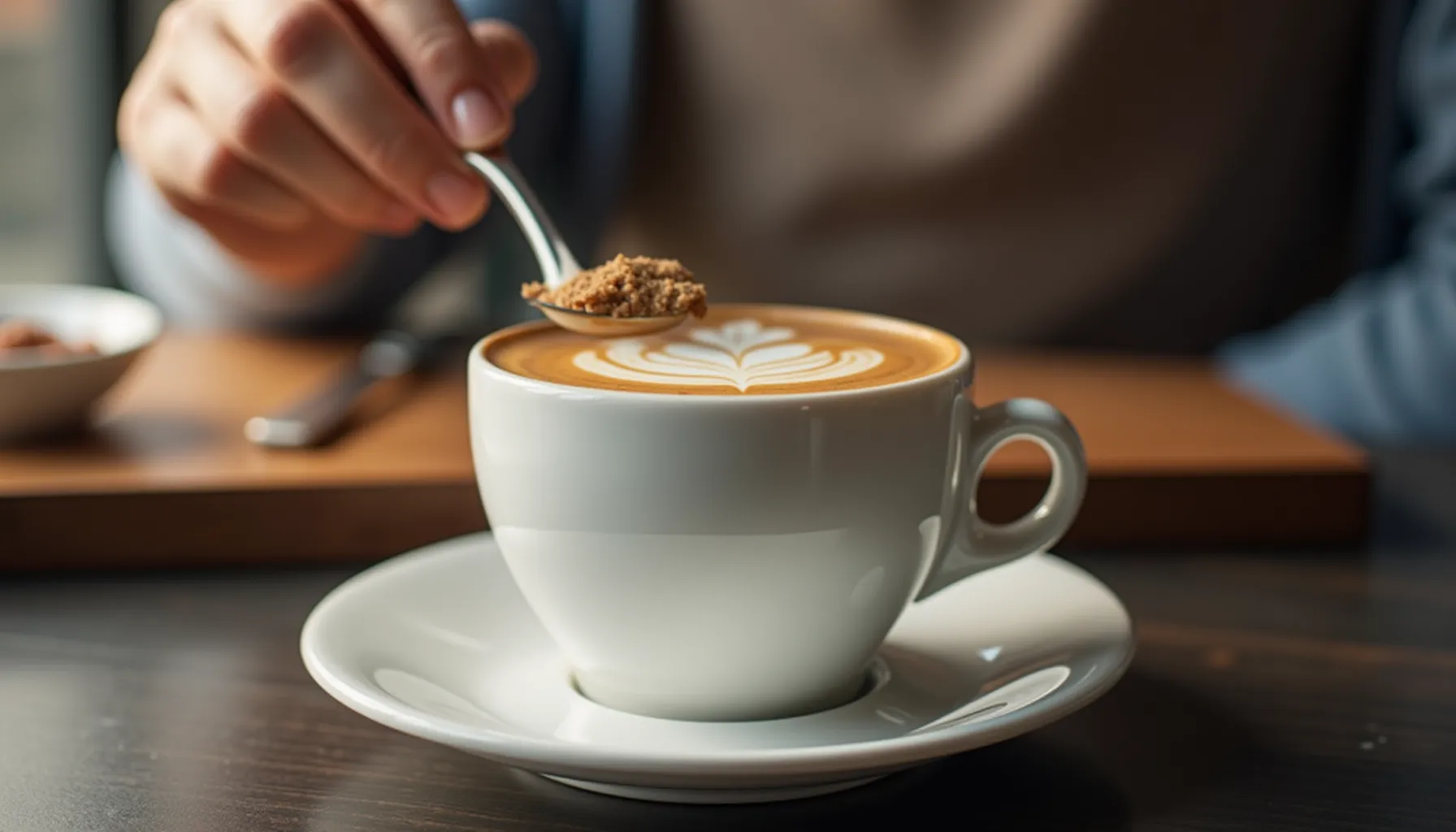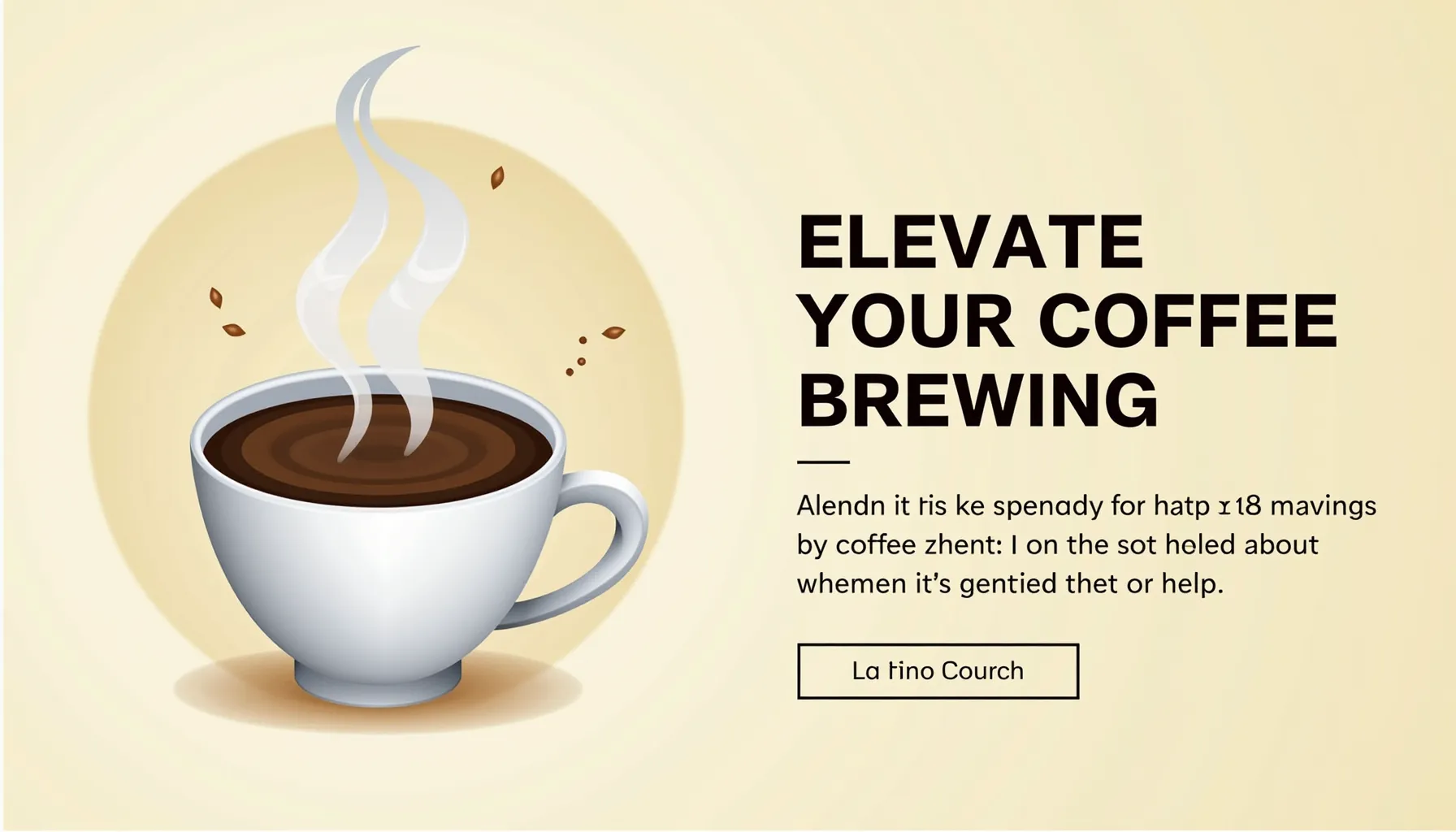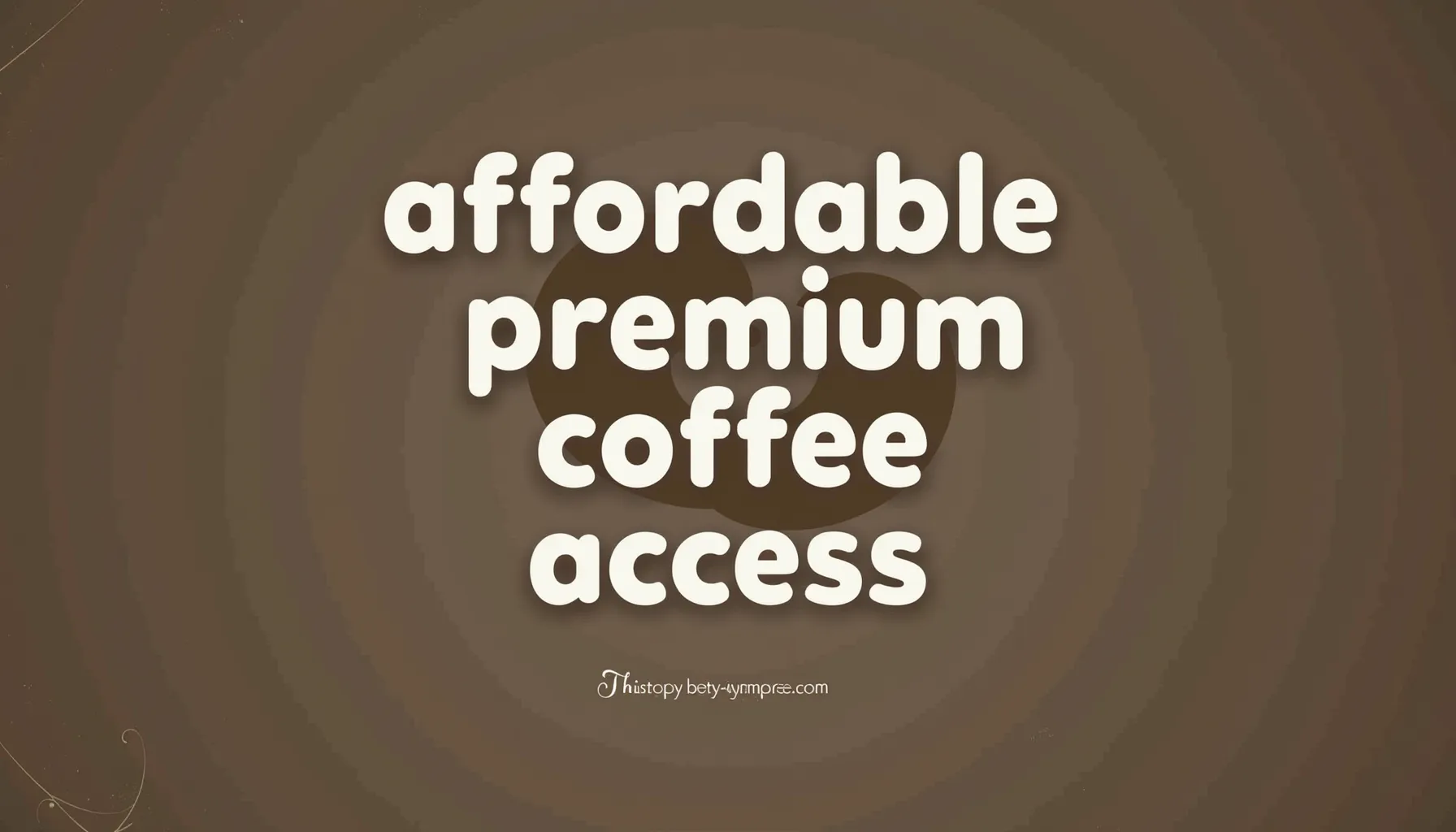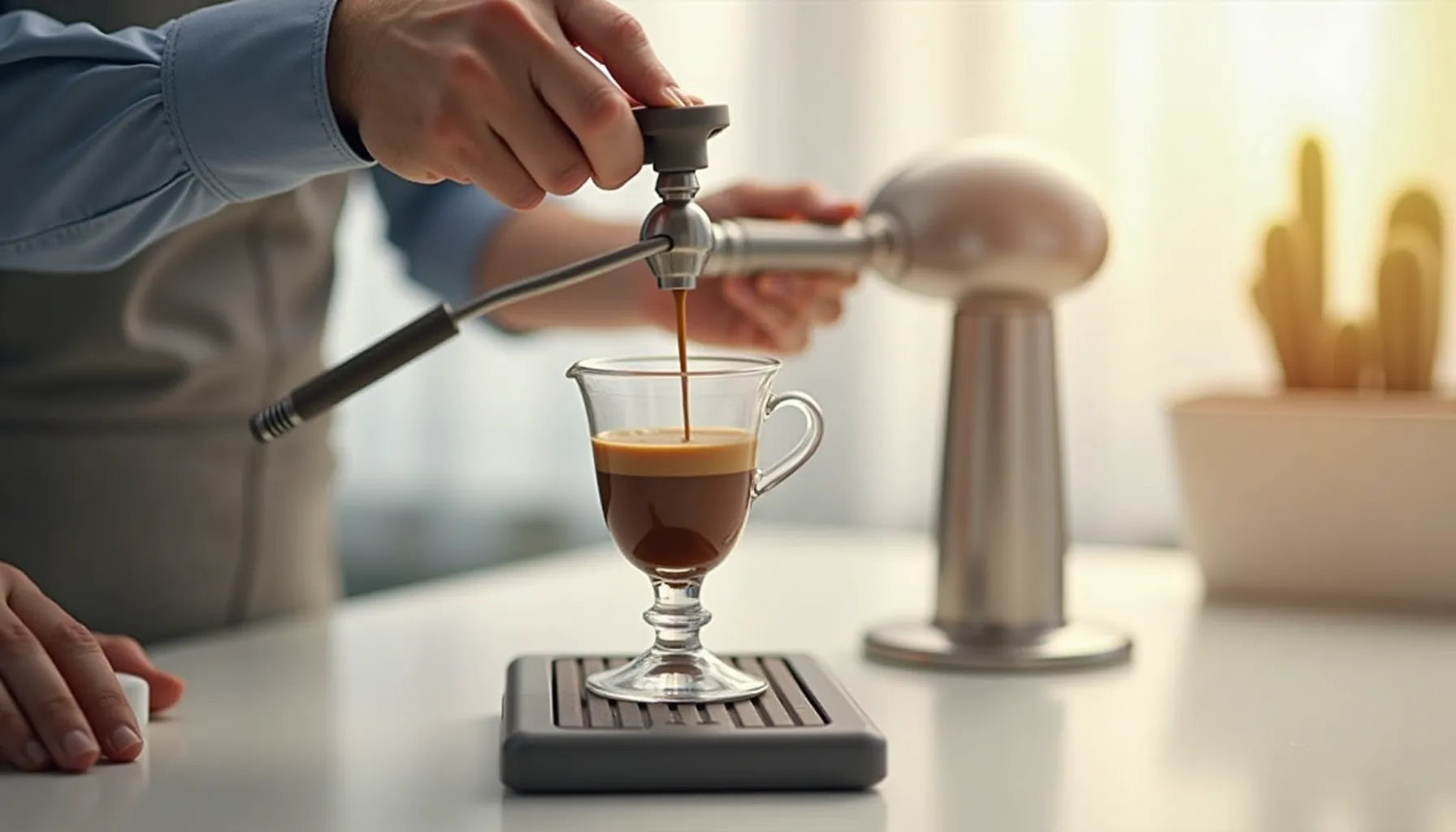Decaf Iced Coffee: A Refreshing Alternative for Coffee Lovers
Craving the rich, bold flavor of coffee without the jitters? You're not alone. As temperatures rise and caffeine sensitivities grow, more coffee enthusiasts are turning to decaf iced coffee for a cool, satisfying drink that won't keep them up at night. But with so many options available, from homemade brews to store-bought brands, finding your perfect cup can be a daunting task.
Whether you're a night owl looking for an afternoon pick-me-up or someone watching their caffeine intake, the right decaf iced coffee can be a game-changer. It offers the comfort and ritual of coffee drinking without the stimulating effects, allowing you to enjoy that familiar taste any time of day.
In this comprehensive guide, we'll explore the world of decaf iced coffee, comparing homemade methods like cold brew and hot brew, as well as popular store-bought options. We'll evaluate these choices based on taste, convenience, cost, and nutritional value, helping you navigate the diverse landscape of caffeine-free coffee alternatives.
By the time you finish reading, you'll have a clear understanding of how decaf iced coffee is made, the pros and cons of different preparation methods, and which options might best suit your lifestyle and taste preferences. So grab a glass, add some ice, and let's embark on a journey to find your perfect decaf iced coffee companion.
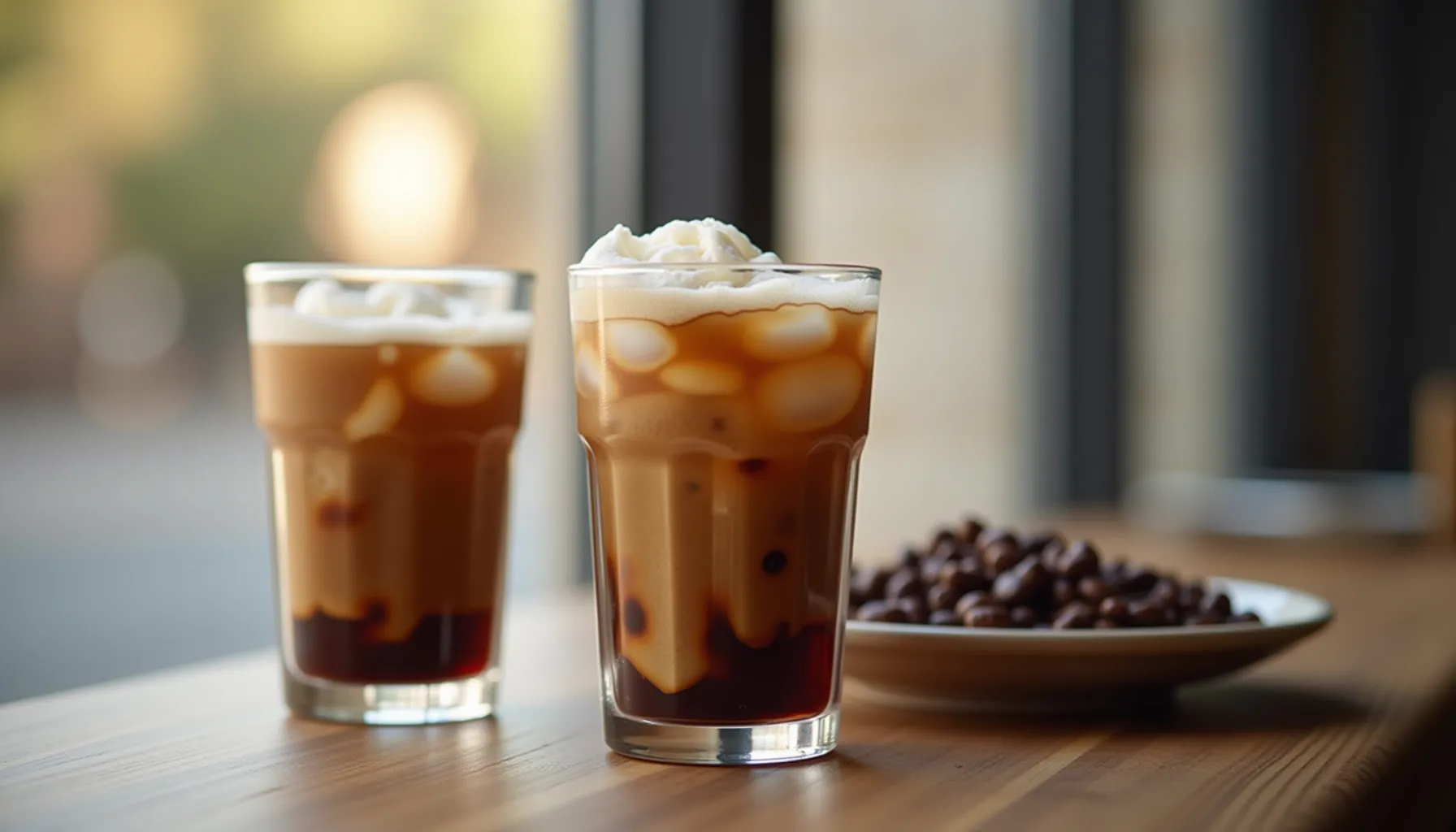
Decaf Iced Coffee: A Chilled Comparison
| Method/Brand | Preparation Time | Flavor Profile | Convenience | Cost (per serving) |
|---|---|---|---|---|
| Homemade Cold Brew | 12-24 hours | Smooth, less acidic | Requires planning | $0.50 - $1.00 |
| Homemade Hot Brew (Chilled) | 30 minutes | Traditional coffee taste | Quick to make | $0.30 - $0.80 |
| Wandering Bear Decaf Cold Brew | Instant | Bold, smooth | Very convenient | $2.00 - $3.00 |
| Starbucks Decaf Iced Coffee | Instant (in-store) | Balanced, customizable | Widely available | $2.50 - $4.00 |
Homemade Decaf Cold Brew: The Patient Perfectionist's Choice
If you're the type who believes good things come to those who wait, homemade decaf cold brew might be your perfect match. This method involves steeping coarsely ground decaf coffee beans in cold water for 12-24 hours, resulting in a smooth, less acidic brew that's gentler on your stomach.
Key Features:
- Long steeping time (12-24 hours)
- Uses coarse decaf coffee grounds
- Produces a concentrate that can be diluted
Pros:
- Smoother, less acidic taste
- Can be made in large batches
- Customizable strength
- Cost-effective in the long run
Cons:
- Requires planning ahead
- Initial time investment
- Needs special equipment (large jar or cold brew maker)
Quick-Chill Decaf: The Hot Brew Method
For those days when you need your decaf iced coffee fix without the wait, the hot brew method comes to the rescue. This technique involves brewing decaf coffee as you normally would, then cooling it rapidly over ice.
Key Features:
- Quick preparation (about 30 minutes total)
- Uses regular decaf coffee grounds
- Versatile - can be served hot or cold
Pros:
- Familiar coffee flavor
- No special equipment needed
- Can be prepared on demand
Cons:
- May become bitter if cooled too slowly
- Can be more acidic than cold brew
- Risk of dilution from melting ice
Wandering Bear Decaf Cold Brew: Convenience in a Carton
When life gets hectic and you need your decaf iced coffee without any fuss, Wandering Bear's ready-to-drink option steps up to the plate. This shelf-stable decaf cold brew offers the smooth taste of cold brew with the convenience of store-bought.
Key Features:
- Shelf-stable until opened
- Uses natural water process for decaffeination
- Available in multiple flavors
Pros:
- Extremely convenient
- Consistent taste
- No preparation required
Cons:
Starbucks Decaf Iced Coffee: The Customizable Classic
For those who crave variety and the ability to customize their drink on the spot, Starbucks' decaf iced coffee offering provides a familiar and flexible option. Available in stores or bottled, it's a go-to for many decaf enthusiasts.
Key Features:
- Available in-store or bottled
- Customizable with various syrups and milk options
- Consistent taste across locations
Pros:
- Widely available
- Highly customizable in-store
- Familiar taste for many coffee drinkers
Cons:
- Can be expensive, especially with add-ons
- Quality may vary slightly between locations
- Less control over brewing process
Head-to-Head: The Decaf Iced Coffee Showdown
Taste and Flavor Profile:
Homemade cold brew takes the crown for smooth, less acidic flavor. If you prefer a more traditional coffee taste, the hot brew method or Starbucks' offering might be more your speed. Wandering Bear strikes a balance, offering a bold yet smooth flavor without the acidity.
Convenience:
For sheer convenience, nothing beats the ready-to-drink options from Wandering Bear or Starbucks. However, if you're willing to plan ahead, homemade cold brew offers the best of both worlds - convenience once prepared and the ability to make large batches.
Cost Comparison:
Homemade options are significantly more cost-effective in the long run. A serving of homemade cold brew can cost as little as $0.50, compared to $2-$4 for store-bought or cafe options. However, this comes with an investment of time and potentially some equipment.
Customization:
Homemade methods offer the most control over strength and flavor. Starbucks provides extensive customization options in-store, while Wandering Bear and bottled options are more limited in this aspect.
Decaf Decisions: Finding Your Perfect Cup
For the Health-Conscious Coffee Lover:
If you're watching your caffeine intake but still crave that coffee flavor, homemade cold brew using high-quality decaf beans is your best bet. It's less acidic and allows you to control exactly what goes into your drink.
For the Busy Professional:
When time is of the essence, Wandering Bear's ready-to-drink option or a quick stop at Starbucks can satisfy your decaf iced coffee craving without slowing you down.
For the Flavor Enthusiast:
Experiment with homemade methods to find your perfect brew. Try different decaf beans, grind sizes, and steeping times with the cold brew method to create a customized flavor profile that's uniquely yours.
For the Budget-Minded Individual:
Investing time in homemade cold brew can significantly cut your coffee expenses. Prepare a batch on Sunday for a week's worth of delicious, cost-effective decaf iced coffee.
Remember, the best decaf iced coffee is the one that fits seamlessly into your lifestyle while satisfying your taste buds. Don't be afraid to mix and match these methods to find your perfect balance of flavor, convenience, and cost.
Crafting Your Perfect Decaf Iced Coffee Experience
As we've explored the world of decaf iced coffee, it's clear that there's no one-size-fits-all solution. Each method and brand offers unique benefits, catering to different preferences and lifestyles. Homemade cold brew shines with its smooth taste and cost-effectiveness, while quick-chill methods offer convenience for those impromptu cravings. Store-bought options like Wandering Bear provide unmatched convenience, and Starbucks offers customization and familiarity.
Your ideal decaf iced coffee depends on your priorities. If taste is paramount and you don't mind planning ahead, homemade cold brew is your best bet. For those juggling busy schedules, ready-to-drink options like Wandering Bear can be a lifesaver. If you enjoy the ritual of visiting a cafe and customizing your drink, Starbucks might be your go-to choice.
Remember, the beauty of decaf iced coffee lies in its versatility. Don't hesitate to mix things up - perhaps prepare a batch of cold brew for the week and keep a bottle of Wandering Bear on hand for those hectic days. The goal is to find a routine that brings you joy and refreshment without the caffeine jitters.
Ready to elevate your decaf iced coffee game? Start by trying out a new method this week. Whether it's brewing your first batch of cold brew or sampling a ready-to-drink option, each sip brings you closer to finding your perfect decaf match. Cheers to cool, caffeination-free refreshment!
Frequently Asked Questions
Is decaf coffee completely caffeine-free?
Contrary to popular belief, decaf coffee isn't entirely caffeine-free. It typically contains about 2-3% of the caffeine found in regular coffee. For a standard 8 oz cup, this means around 2-5 mg of caffeine, compared to 80-100 mg in regular coffee. If you're extremely sensitive to caffeine, it's worth keeping this in mind.
How does the taste of decaf iced coffee compare to regular iced coffee?
While decaffeination processes have improved significantly, some subtle differences in taste can persist. Decaf iced coffee often has a milder flavor profile and may lack some of the more complex notes found in regular coffee. However, high-quality decaf beans and proper brewing methods can produce a rich, satisfying taste that rivals its caffeinated counterpart.
Can I make decaf cold brew at home?
Absolutely! Making decaf cold brew at home follows the same process as regular cold brew. Simply use coarsely ground decaf coffee beans, steep them in cold water for 12-24 hours, then strain. The result is a smooth, less acidic concentrate that you can dilute with water or milk over ice. It's a great way to enjoy a refreshing decaf iced coffee while controlling the strength and flavor to your liking.
How long does homemade decaf iced coffee last in the refrigerator?
Properly stored, homemade decaf iced coffee can last in the refrigerator for up to two weeks. For best flavor, consume within the first week. Always keep it in an airtight container to prevent it from absorbing other flavors from the fridge. If you notice any off-odors or flavors, it's best to discard the batch and make a fresh one.



